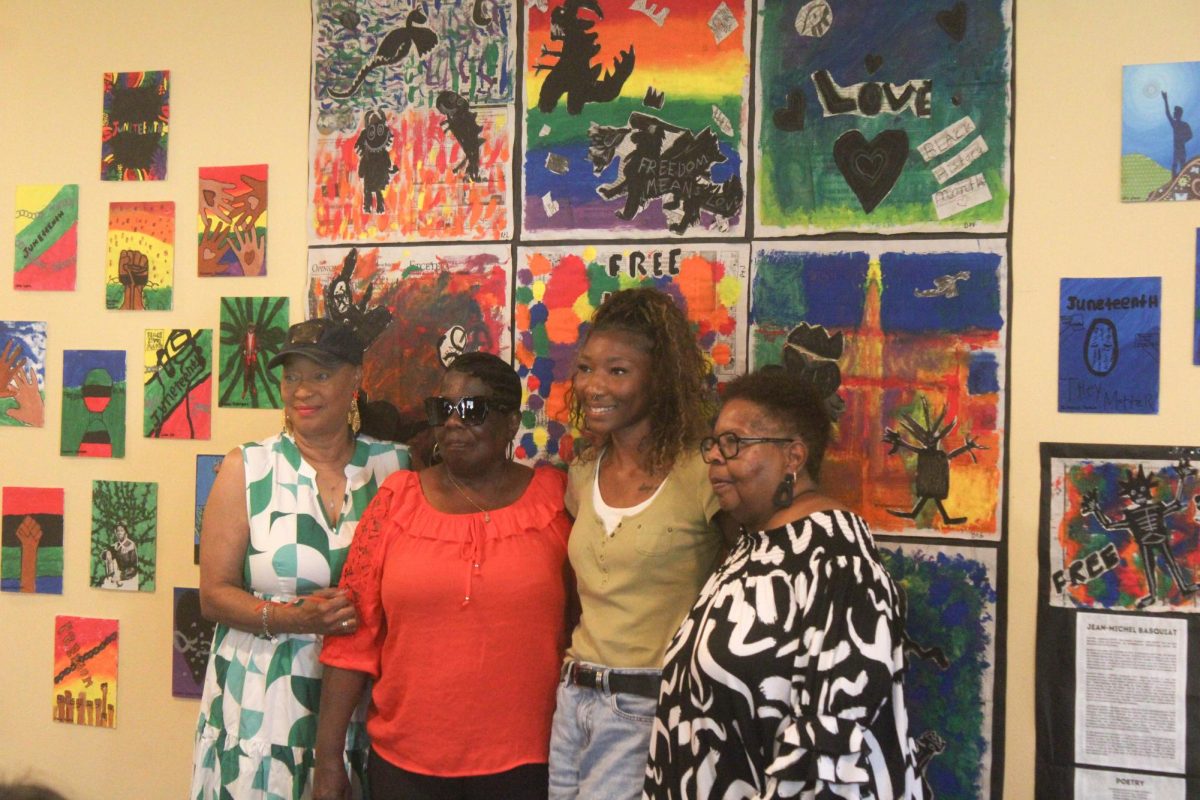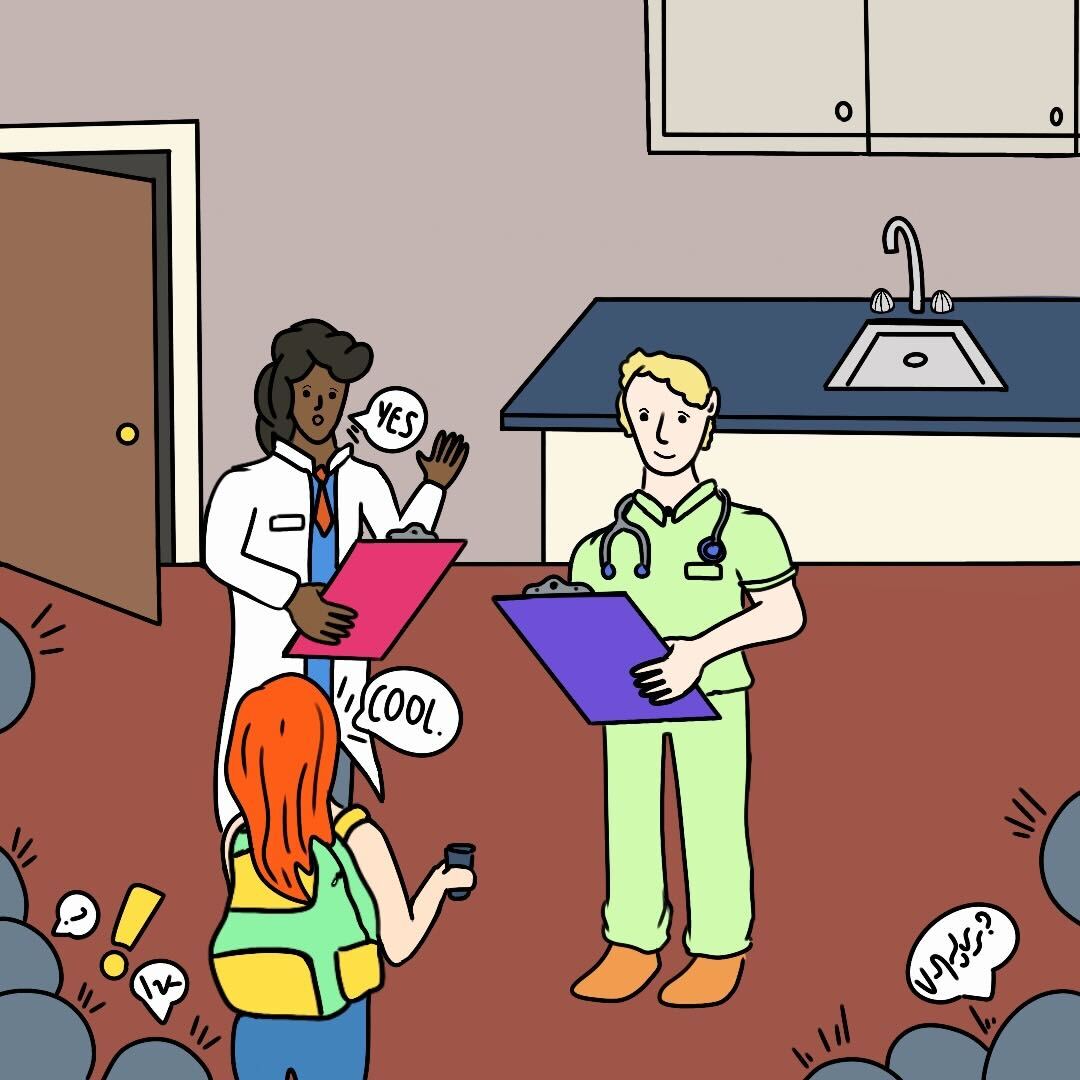Hump Day is a long standing tradition within Black and multicultural Greek life organizations at Texas State. These strolling events have a deep history in African culture, and today’s fraternities and sororities have found ways to modernize these traditions to come together as one community.
They bring everyone in the community together, from presidents to members, and can attract newcomers like Katelyn Gorings, a political science senior and member of Sigma Gamma Rho.
Gorings gained interest in joining her sorority last year from a Hump Day event. Dances are passed down to new generations of brothers and sisters and act as a way to represent one another, according to Devin Prophet, a social work junior and vice president and secretary to the Phi Beta Sigma Fraternity.
“There’s just so much energy and fun and people were just supporting one another and hyping each other up,” Gorings said. “I was like, ‘This is great. I want to be a part of it.’”
Everyone came together for this event for National Hazing Prevention Week (NHPW), which was held during the last week of September, in order to focus on intentional and open dialogue about hazing. While illegal under Texas law, hazing practices still prevail in various Greek life organizations in Texas and across the nation.
Some examples of hazing include overconsumption of food, water, or alcohol to a point of potential death. Through a more mental and emotional scope, hazing can also be tearing down newcomers to “know their place” and putting them through demeaning trials to “earn” their place amongst an organization.
Jordan Williams, exercise sports science sophomore and chapter president of Phi Beta Sigma Fraternity Incorporated, felt the pressures of hazing when looking for a fraternity to join.
“I was scared of it in the beginning.” Williams said. “[After] you get to know [the people in the organization] you don’t feel as tense about the situation. You feel more comfortable being around those people, and so you don’t feel like you have to worry as much about hazing.”
During NHPW, Greek organizations were provided with various resources on how to spot the signs of hazing and how to put a stop to it. According to Syracuse University, signs of hazing may include abnormal sleep patterns and appearances, changes in communication, increased substance usage, and poor academic performance.
The chapters present at Hump Day signed posters stating “These Hands Don’t Haze” as a pledge against hazing. Amongst these signatures were those of Taylor Wanza, psychology senior, secretary of Delta Sigma Theta and the National Pan-Hellenic Council president, and Alanna Rivas, theater education junior, vice president of external affairs in Alpha Sigma Rho and Multicultural Group Counseling president.
“I feel like a lot of people really don’t know the different types of hazing,” Wanza said. “Some people just assume that it’s physical [and] the alcohol, but it’s also mental and emotional hazing.”
The Dean of Students, Fraternity and Sorority Life office and the University Police Department are all places where hazing can be reported. Various hazing workshops to understand all types of hazing and how to prevent them are available online.
“I think there are a lot of people that are too scared to speak out,” Rivas said. “It just takes one person to be like, ‘This isn’t right.’”

























